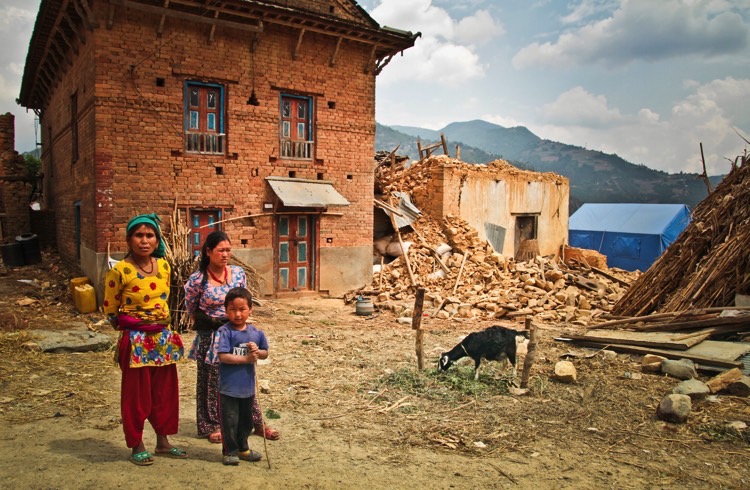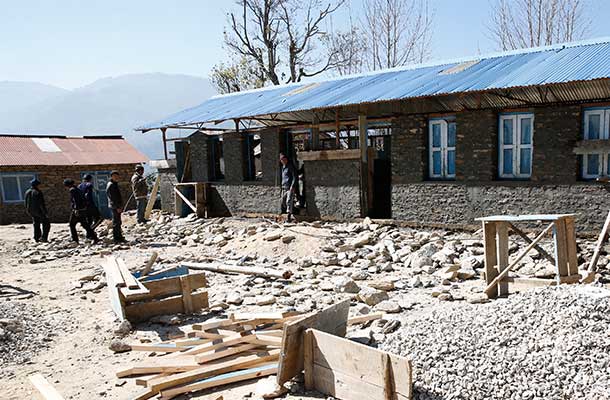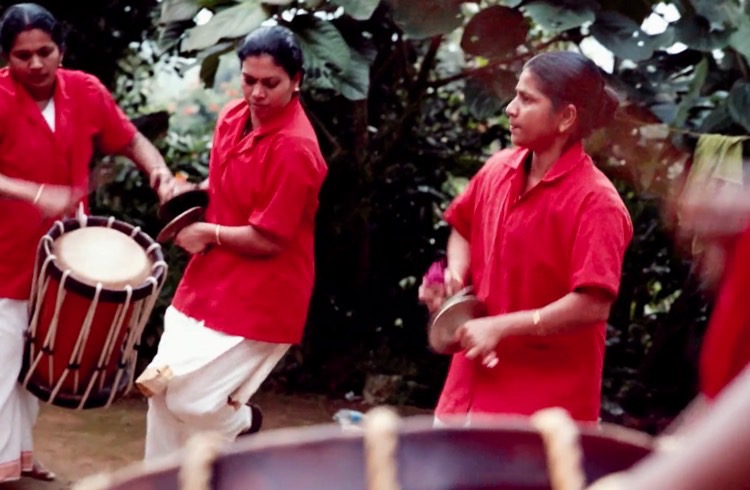Is Voluntourism Sustainable and What’s in its Future?
There is now more opportunity than ever for travelers to give back to communities they travel to in lasting and meaningful ways. Find out how to offer help that is valued and makes a real difference.
 Photo © Jules2013
Photo © Jules2013
When we are bombarded with images of poverty, disaster
According to Save the Children, voluntourism is one of the fastest-growing travel trends, with 1.6 million people volunteering overseas each year, in a sector worth an estimated AU$2.6 billion annually. It’s big business for travel companies and, in some cases, unscrupulous operators.
- The Evolution of Voluntourism
- Should Travelers Volunteer on Their Trips?
- Choosing the 'Right' Volunteering Experience
- The Future of Voluntourism
The evolution of voluntourism
Some of the earliest examples of voluntourism organizations include Voluntary Service Overseas (VSO), set up in the UK in 1958 in response to a request for volunteers to teach English in Borneo, and the US-based Peace Corps which followed in 1961, similarly matching volunteers to projects in developing countries. Earthwatch was one of the first organizations offering paid-for volunteer placements in 1971.
But it was the aftermath of recent disasters, including the 2004 Boxing Day tsunami, and Hurricane Katrina in 2005, broadcast to a horrified global audience, which encouraged millions of people to want to combine travel with helping rebuild shattered communities.
“Travelers wrote to us with an outpouring of good intentions,” says Donna Lawrence from World Expeditions Travel Group. “They wanted to do more than just donate money to help the victims of the devastating events. It became clear to us that adventure travelers were looking for more meaning from their travels; they wanted to give back in a real and impactful way. From this, our Community Project Travel program was born.”
Should travelers volunteer on their trips?
Volunteering while traveling can be a very worthwhile experience for you and the communities you are helping, as long as:
- the projects you work on aren’t taking jobs from local people
- that you are doing it for the right reasons, and
- the benefit of your work is felt long after you have left.
Avoid short-term volunteering projects – organizations can become dependent on the money they bring, which can lead to the manufacture of projects that address the wrong needs.
“Consultation and collaboration are at the core of our projects,” explains Lawrence. “We consult with the heads of a community to learn what their greatest needs are, and we ensure that guests and hosts work alongside each other at the worksite, allowing for the transference of skills.”
Helping communities doesn’t only mean building a school or working in a hospital, consider lending a hand with charity or community administration, fundraising or advocacy work; organizing petitions, writing letters to politicians and buying goods and services locally or from organizations with a social conscience can also make a real difference.
Choosing the 'right' volunteering experience
“We believe recruiting volunteers is not something that travel companies should be involved in, it’s something that should be left to the professionals,” says Intrepid Travel’s Liz Manning. “There are many excellent agencies around the world that recruit and place skilled volunteers in communities requesting assistance.”
Do your research before signing up for a project. Make sure the volunteering project brings real benefit to the community and that the help being offered is in collaboration with local people rather being imposed on them.
Look for projects that have long-term goals for continued support, and that it is a learning experience for you as well as those you are helping. Only volunteer to do work you are skilled to do.
“If you are in a teaching role, you should be a qualified teacher,” says Lawrence. “If you are providing medical treatment, you should be fully qualified to provide that treatment.”
It’s also important to look for projects that empower the community to take ownership of the project and manage it going forward for their own benefit. “There are better ways of helping,” says Manning, “and that is to give communities a hand-up, not a hand-out.”
Find out where the money you have paid to volunteer is going; good organizations will make sure the bulk of your donation goes to the great cause you are working on.
Consider whether donating your money rather than your time would be more helpful; many communities facing challenges already have the skills to rebuild but don’t have the funds to go about it.
Think about how much of your desire to volunteer is actually ego – are you only partaking in this activity to share your generosity on social media? If you’re not in it for the right reasons, you probably shouldn’t be there.
It goes without saying that any volunteering projects that put children, animals or natural environments at risk should be avoided and reported.
Save the Children suggests asking these succinct questions before signing up:
- What will be the outcome of my volunteering adventure?
- Am I doing it for the right reasons?
- What skills can I offer developing countries to empower the next generation to be self-sufficient?
The future of voluntourism
Voluntourism still has a place – there will always be people in need, and people who want to help them – but travelers are now seeking more sustainable ways to give back to the countries they wish to visit.
“My hope for the future is that organizations offering voluntourism become better at what they do,” says Lawrence. “The motivation to care for and help humanity and nature is intrinsic to the psyche of the adventure traveler. We are being challenged on a daily basis to consider the world outside of our front door, to play a role in making the world a better place, to become an active global citizen.”
Related articles
Simple and flexible travel insurance
You can buy at home or while traveling, and claim online from anywhere in the world. With 150+ adventure activities covered and 24/7 emergency assistance.
Get a quote

No Comments